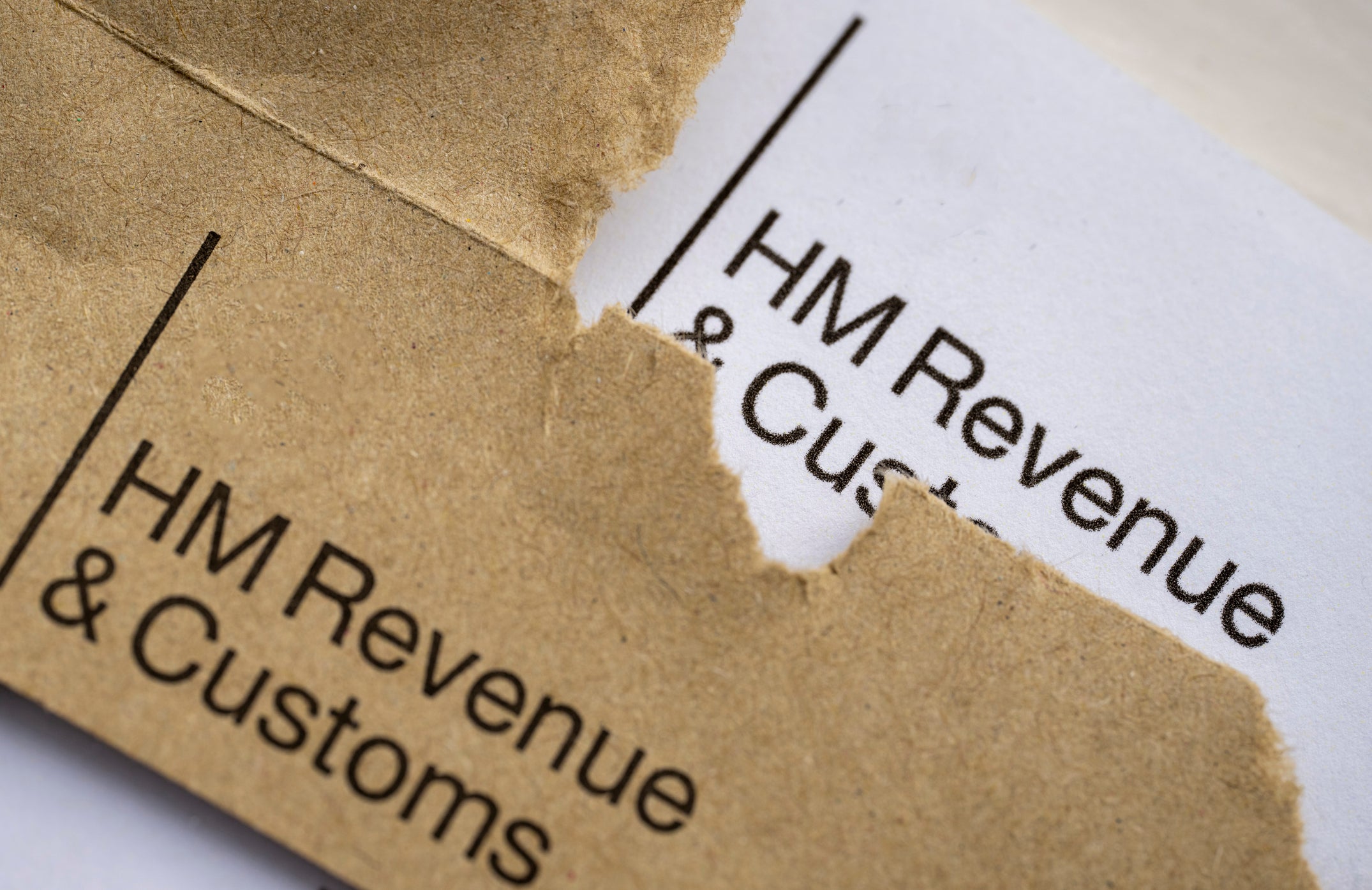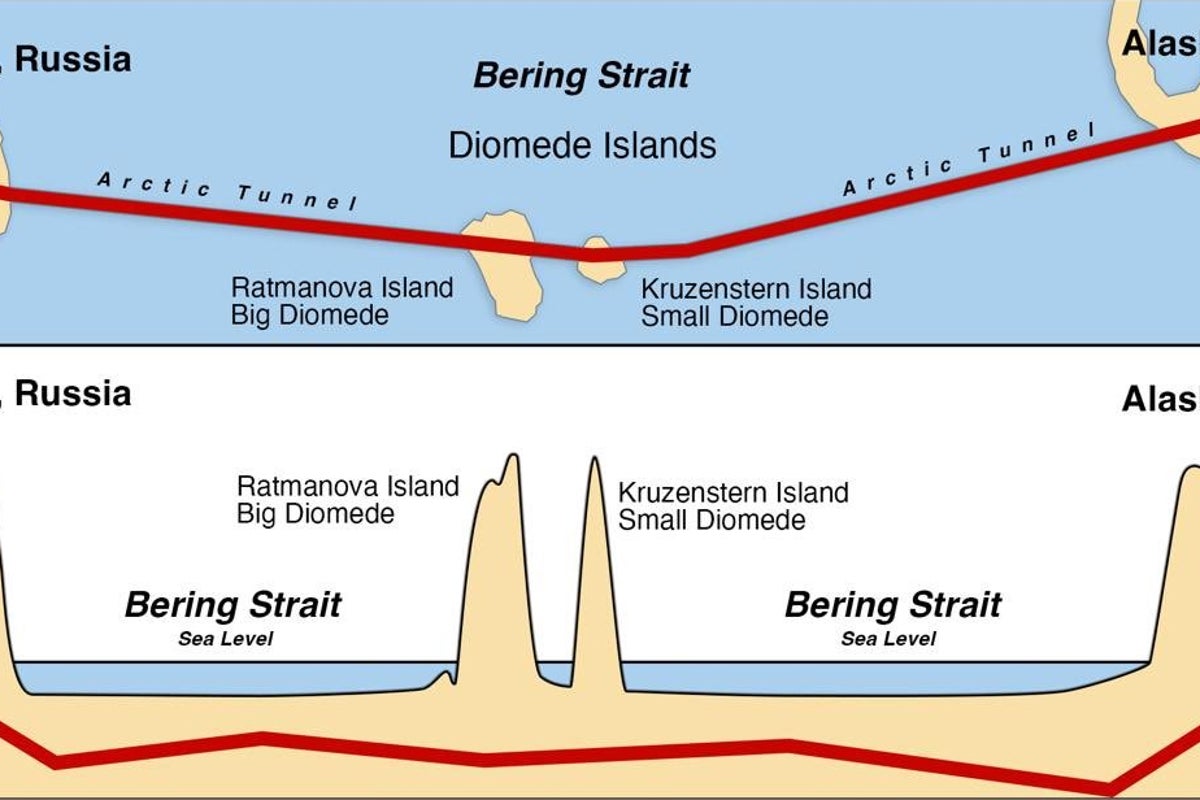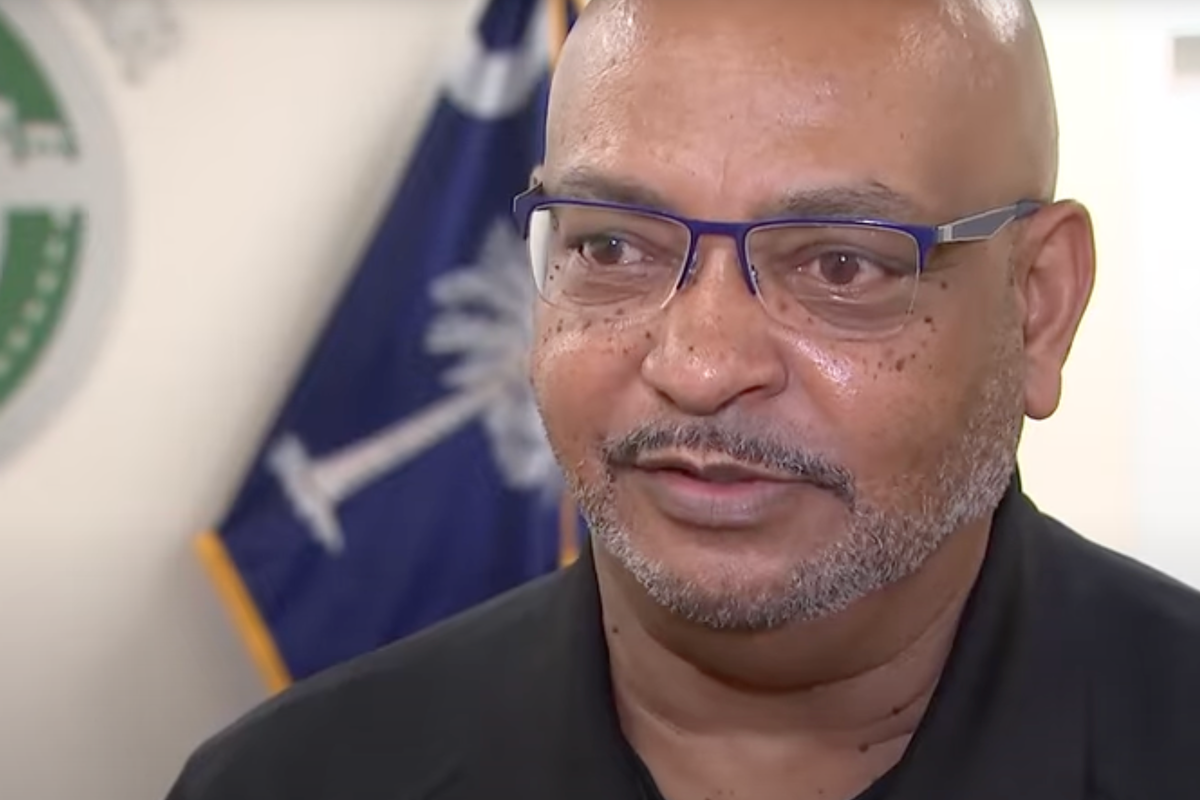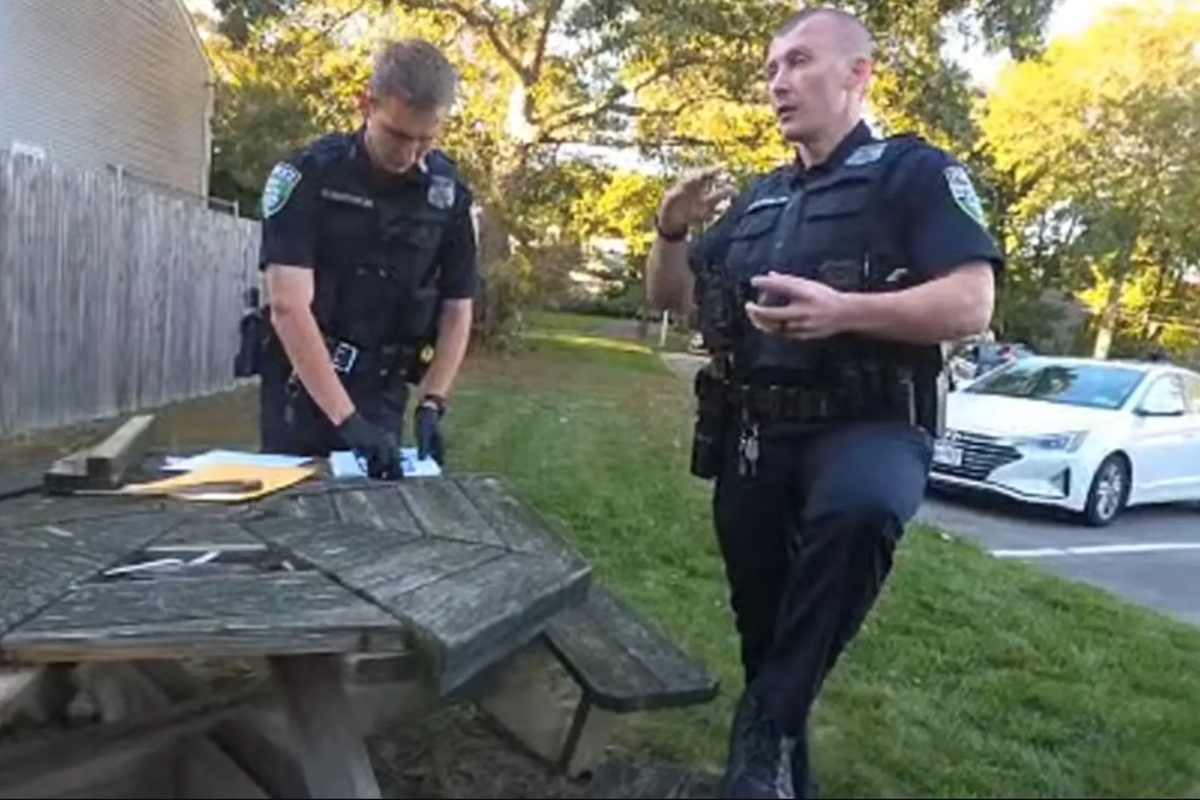HMRC has confirmed that it will begin taking money directly from bank accounts in the government’s latest bid to crackdown on unpaid tax.
The tax authority says it is rolling out use of the ‘Direct Recovery of Debts’ powers, which require banks and building societies to pay directly from the accounts when requested.
This will only affected “the minority,” it claims, used only for businesses and individuals who “can afford to pay what they owe but are choosing not to.” The order can be given to banks, building societies, and ISA providers.
Official statistics show that the tax gap currently sits at an estimated 5.3 per cent, equating to £46.8bn in 2023/24. Labour pledged to raise £7.5 billion by tackling this gap at this years’ Spring Statement, with new measures including increased prosecutions for fraud and extra HMRC compliance staff.

The re-launch of the direct recovery powers is another measure designed to make up this gap, with HMRC confirming it is rolling out the powers using a ‘test and learn’ approach initially.
The tax authority has been able to make use of the powers since 2015, but put recoveries on hold during the Covid pandemic. Between 2015 and 2018, it only made 19 direct recoveries, clawing back £361,678.
HMRC says the powers will only be used when certain criteria is met, and with “stringent safeguards” in place. To be subject to a direct recovery, the debtor must owe £1,000 or more, have ignored HMRC communications, and can pay but refuses to do so.
The tax authority also says it will not take funds from an account where less than £5,000 would remain after the recovery.
Before taking any money, an HMRC agent must visit the person at home or work. During this meeting, they will check the debt is correct, discuss alternative ways they can repay the tax they owe, and make sure the person isn’t vulnerable.

However, the Low Incomes Tax Reform Group has said the tax authority must go further in establishing safeguards, writing: “We are seeking clarification from HMRC on the process they will undertake to identify vulnerable customers, how this class of taxpayer will be defined, and the type of support that will be provided.”
If a debtor objects to the recovery, they can appeal within a 30-day window. HMRC says it will not transfer the money until a decision is made, usually 30 days after the complaint. Debtors can also appeal to a county court on specified grounds.
A briefing from HMRC states: “Some people experience genuine financial difficulty paying their tax. This often happens when their life is affected by a major personal event, or their business develops a problem. HMRC routinely takes a sympathetic approach to those who need additional support.”
The new powers come into effect ahead of the government’s Public Authorities Bill coming into effect later this year, which will grant the Department for Work and Pensions (DWP) with the power to recover funds from bank accounts using recovery orders.
Campaigners have hit out against these plans, arguing earlier this week that they threaten to bring in an “unprecedented” level of state surveillance.

.jpeg)


































 English (US) ·
English (US) ·